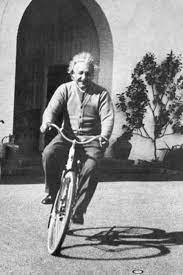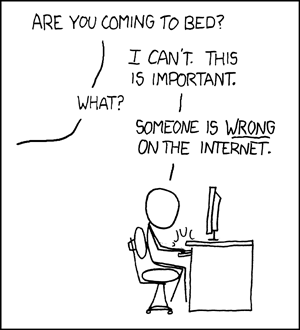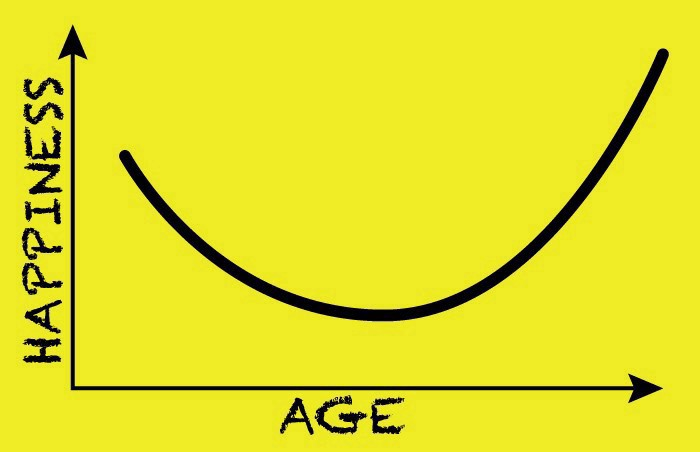What a pleasantly diverting afternoon and evening, before during and after our first live Lyceum since 2019. Best last day of a semester in quite some time.
I was our speaker's designated driver from the hotel out on Thompson Lane in to campus, and left Nashville with enough of a cushion to enjoy a pleasant half-hour at Stones River next door before picking him up. The "Slaughter Pen Loop" was incongruently placid on this gorgeous Spring day in middle Tennessee.
1. Psychosexual intimacy (an erotic friendship of virtue) is really important.
2. Such intimacy requires trust, openness to surprise, and the suspension of self-seeking (greed, covetousness, the "what's in it for me?" attitude the Greeks called pleonexia).
3. Contemporary life and ideology promote pleonexia.
It was a strong, humanistic plea for the recovery of a kind of virtuous friendship and selflessness that our time has increasingly little patience or feeling for. Truly an "applied" form of philosophical reflection of the sort we sorely need. Thanks for that, Richard.
And then on to the after-party (with a stop at a "Kim's Convenience" kind of shop en route, to procure "something better than Bud") at our chair's home near campus. Not Indian this time, but the catered fried chicken, cornbread, and cobbler were great. The conversation flowed, and survived a hickup when two colleagues became heated about a hiring ship that's already sailed. "Arguments are better than feelings!" said one, the message of our speaker clearly having been lost on him.
And you know what was way better than that argument? Getting to have a catch with our hosts' miniature pup.













